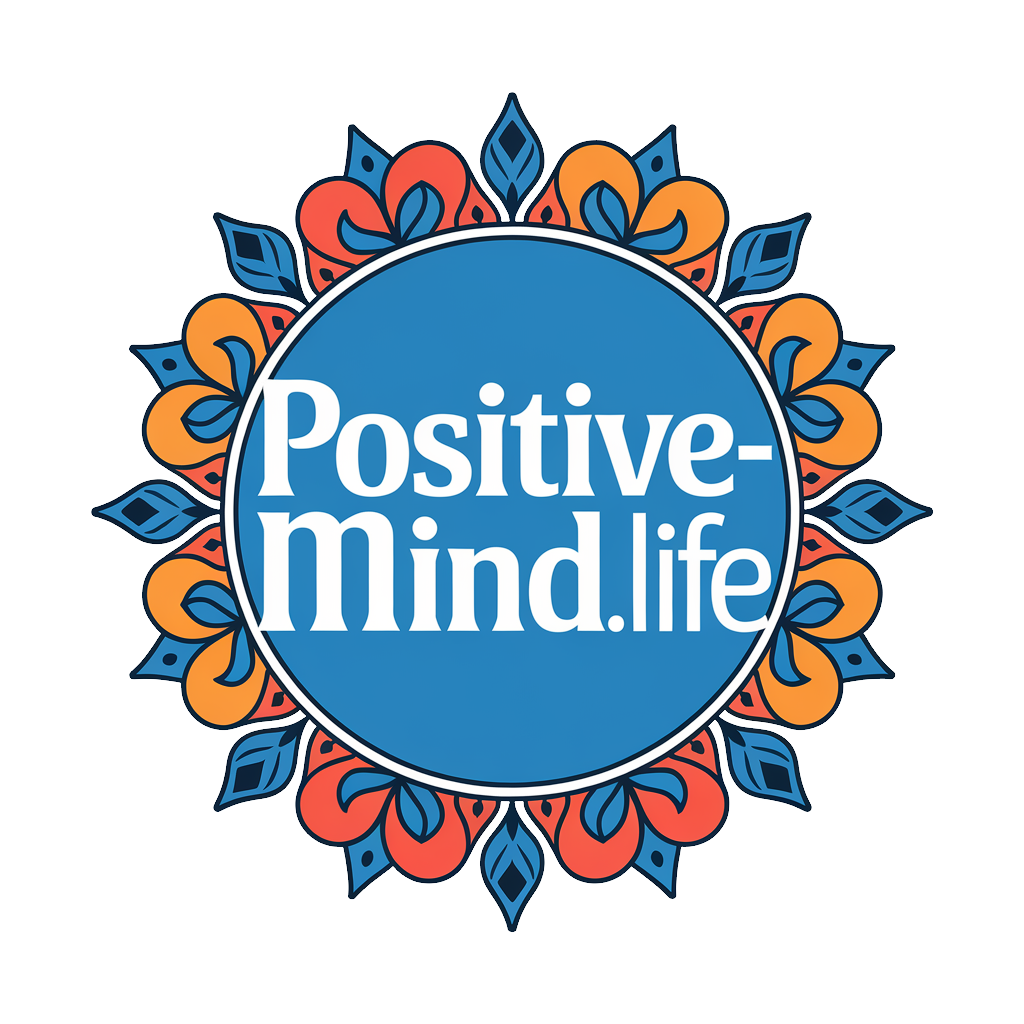The Daily Habits of the World’s Most Confident People!
The world’s most confident people prioritize structured morning routines that enhance focus and set a positive tone for their day. They practice positive affirmations to reshape their internal dialogue and tackle self-doubt. Daily goal-setting keeps their lives organized and purposeful, while regular physical activity boosts endorphins and overall well-being. Mindfulness practices, like deep breathing and meditation, help them manage stress and regulate emotions effectively. They also cultivate strong social connections, actively engaging with inspiring individuals. By continually reflecting on achievements, they reinforce their self-worth and motivation. Want to learn the specific techniques these individuals use to thrive?
Key Takeaways
- They maintain structured morning routines to boost confidence and set a positive tone for the day.
- Regular practice of positive affirmations reshapes their internal dialogue and enhances self-esteem.
- Engaging in daily physical activity fosters resilience, mental wellness, and a confident outlook.
- They utilize breathing techniques for emotional regulation, reducing stress and enhancing calmness.
- Building strong social connections through supportive communities reinforces their self-image and confidence skills.
Morning Routines for Success
While it might seem tempting to hit the snooze button and linger in bed, establishing a structured morning routine can significantly boost your confidence and set a positive tone for the day ahead. Research indicates that how you begin your morning influences your overall mindset. By adopting success rituals, you create a framework that promotes productivity and self-assurance.
Start by dedicating time to activities that resonate with you. This could involve meditation or light exercise—both of which have been shown to enhance focus and reduce anxiety. As you engage in these practices, you cultivate a morning mindset that primes you for challenges.
Additionally, consider setting specific goals for the day during this time. Writing down your intentions can reinforce your purpose and clarify your priorities. This step not only organizes your thoughts but also instills a sense of control and direction.
Incorporating these elements into your morning routine doesn’t just benefit your productivity; it gradually builds your confidence. As you consistently engage in these rituals, you’ll find that you approach each day with renewed vigor and a resilient spirit, ready to tackle whatever comes your way.
Practicing Positive Affirmations
Practicing positive affirmations can be a transformative tool in cultivating self-confidence. By consistently engaging in affirmation techniques, you can reshape your internal dialogue and reinforce a mindset that supports your goals. Research shows that positive self-talk can significantly affect your mental well-being and performance.
To start, identify specific areas where you struggle with self-doubt. Craft affirmations that address these insecurities directly, using present tense statements, such as “I am capable” or “I deserve success.” Consistency is key—integrate these affirmations into your daily routine.
Utilizing effective self-talk strategies, repeat these affirmations aloud or write them down. This process not only solidifies your beliefs but also counters negative thought patterns. Studies indicate that this practice can lead to increased resilience and improved self-image over time.
Additionally, consider pairing affirmations with visualization techniques. Imagine yourself embodying these affirmations, enhancing their impact on your subconscious mind. Remember, the journey to confidence isn’t instantaneous; it’s a gradual process. Commitment to these practices can dramatically shift your self-perception, empowering you to face challenges with unwavering confidence.
Setting Daily Goals
Building on the foundation of positive affirmations, setting daily goals provides a practical framework for enhancing your confidence. When you establish clear objectives, you create a roadmap that directs your focus and energy. This process, known as goal visualization, helps you picture your success and reinforces your belief in your abilities.
To effectively set daily goals, prioritize what truly matters. Begin each day by identifying the top three tasks that align with your larger aspirations. This priority setting not only reduces overwhelm but also fosters a sense of accomplishment as you check off completed tasks. Research shows that having achievable goals leads to increased motivation and self-efficacy, both of which are essential for building confidence.
Moreover, consider breaking down larger goals into smaller, manageable steps. This approach allows you to celebrate minor victories along the way, reinforcing a positive feedback loop that further enhances your self-assurance. By consistently practicing goal visualization and priority setting, you’ll cultivate a mindset geared toward growth and resilience. Ultimately, these daily habits will empower you to navigate challenges with confidence, transforming your aspirations into reality.
Embracing Physical Activity
How often do you consider the profound impact physical activity can have on your confidence? Engaging in regular exercise isn’t just about improving your physique; it’s a powerful tool for enhancing self-esteem and overall mental wellness. Research shows that physical activity releases endorphins, which boost mood and create a sense of accomplishment. When you embrace exercise variety—be it strength training, yoga, or team sports—you challenge your body and mind, fostering resilience and adaptability.
Moreover, incorporating different workouts keeps you motivated. When you diversify your routine, you prevent boredom and maintain high levels of fitness motivation. This engagement can lead to a more consistent exercise habit, reinforcing your belief in your abilities. Each small victory, whether it’s lifting heavier weights or mastering a new movement, compounds over time, significantly elevating your self-assurance.
Ultimately, by prioritizing physical activity in your daily life, you cultivate a mindset of growth and achievement. This not only enhances your physical health but also builds a foundation of confidence that permeates other areas of your life. So, consider how you can integrate more movement into your routine and watch as your confidence flourishes.
Nurturing Social Connections
Strong social connections are vital to your confidence and overall well-being. Research shows that individuals with robust social networks report higher self-esteem and lower levels of stress. To cultivate these connections, you need to adopt effective networking strategies and focus on relationship building.
Start by identifying key individuals in your personal and professional life who inspire you. Reach out regularly, whether through casual meet-ups or structured networking events. Remember, it’s not just about quantity; quality matters more. Invest time in listening actively and engaging meaningfully with others. This fosters trust and a sense of belonging, essential components of strong relationships.
You might also consider diversifying your social circle. Engaging with people from various backgrounds can provide fresh perspectives and encourage growth. Additionally, don’t shy away from vulnerability; sharing your experiences can deepen connections and promote mutual support.
Finally, prioritize consistency. Regularly check in with your connections, whether through a simple message or a coffee catch-up. These small gestures reinforce your commitment to nurturing relationships, ultimately enhancing your confidence and social well-being. By dedicating time to these strategies, you’ll build a resilient network that supports you through challenges.
Continuous Learning and Growth
Continuous learning and growth play a crucial role in boosting your confidence and adaptability in an ever-changing world. Engaging in lifelong learning equips you with new skills and insights, enhancing your ability to tackle challenges and seize opportunities. Research shows that individuals who commit to personal development experience greater resilience and higher self-esteem, traits that are essential for confident living.
Consider setting aside time each week to explore subjects that intrigue you or develop skills that will advance your career. Online courses, workshops, and reading are excellent avenues for this. Not only will you expand your knowledge, but you’ll also cultivate a mindset that embraces change rather than fearing it.
Additionally, seek feedback from peers and mentors. Constructive criticism can illuminate areas for improvement and encourage growth, reinforcing your confidence as you make progress. Remember, the journey of learning is just as valuable as the destination. Each step you take in your personal development builds your capacity to adapt and succeed.
Mindfulness and Meditation Practices
Incorporating daily meditation rituals and breathing techniques can significantly enhance your confidence by fostering a calm and focused mindset. Research shows that these practices not only reduce stress but also improve emotional regulation, which is crucial for self-assurance. By dedicating just a few moments each day to mindfulness, you create a solid foundation for personal growth and resilience.
Daily Meditation Rituals
How can daily meditation rituals transform your sense of confidence? Engaging in mindful moments through meditation can significantly enhance your self-awareness and emotional regulation. By dedicating time each day to guided sessions, you cultivate a deeper understanding of your thoughts and feelings, which directly correlates to increased confidence.
| Aspect | Effect on Confidence |
|---|---|
| Self-Awareness | Enhances understanding of personal strengths and weaknesses |
| Emotional Regulation | Reduces anxiety and promotes a calm demeanor |
| Focus and Clarity | Improves decision-making abilities and reduces self-doubt |
| Stress Reduction | Lowers cortisol levels, fostering a more confident outlook |
Incorporating these rituals into your daily routine allows you to develop a resilient mindset. You’ll find that the more often you practice, the easier it becomes to face challenges with assurance. As you embrace this journey, remember that confidence isn’t merely a trait; it’s a skill you can refine. Start small, commit to mindful moments, and watch how your confidence blossoms over time.
Breathing Techniques for Calm
Breathing techniques serve as powerful tools for cultivating a sense of calm and enhancing your mindfulness practice. One effective method is deep breathing, which engages your diaphragm, allowing for fuller, more efficient breaths. By focusing on diaphragmatic breathing, you can activate your body’s relaxation response, reducing stress and promoting mental clarity.
To practice deep breathing, find a quiet space and sit comfortably. Inhale deeply through your nose, allowing your abdomen to expand as your diaphragm lowers. Hold this breath for a moment, then exhale slowly through your mouth. Aim for a rhythm of inhaling for a count of four, holding for four, and exhaling for six. This technique not only calms your nervous system but also encourages present-moment awareness.
Research shows that regular practice of these methods can lead to lasting improvements in emotional regulation and overall well-being. As you master these breathing techniques, you’ll find that you can access a state of calm more readily, even in challenging situations. Integrating deep and diaphragmatic breathing into your daily routine paves the way for a more confident and mindful approach to life.
Reflecting on Achievements
Reflecting on achievements can serve as a powerful tool for building confidence and self-awareness. By taking the time to examine your successes, you reinforce your self-worth and cultivate a growth mindset. Consider integrating the following practices into your routine:
- Achievement Journaling: Write down your accomplishments, no matter how small. This helps you recognize patterns and growth over time.
- Success Visualization: Spend a few minutes each day visualizing your achievements. Picture the feelings and circumstances surrounding your successes to reinforce positive self-beliefs.
- Set Milestones: Break larger goals into smaller, attainable milestones. Celebrate each one to maintain motivation and confidence.
- Seek Feedback: Engage with trusted peers or mentors to gain insights on your strengths. Their perspectives can highlight achievements you may overlook.
Research indicates that reflecting on achievements not only boosts self-esteem but also enhances resilience. By consistently engaging in these practices, you’ll build a strong foundation of confidence that empowers you to tackle future challenges with assurance. Embrace this journey of self-discovery, and watch how your confidence flourishes through a deeper understanding of your own capabilities.
Frequently Asked Questions
How Can I Build Confidence if I Struggle With Social Anxiety?
Building confidence isn’t rocket science; it’s a journey! Start with gradual exposure to social situations, practicing social skills in low-pressure environments. Celebrate small victories, and you’ll find your confidence flourishing like a wildflower in spring.
What Are Some Quick Ways to Practice Mindfulness Daily?
To practice mindfulness daily, try mindful breathing for a few minutes each morning. Also, incorporate gratitude journaling before bed; reflecting on positive experiences can significantly enhance your mental clarity and emotional well-being.
How Do I Overcome Setbacks While Pursuing My Goals?
“When the going gets tough, the tough get going.” To overcome setbacks, implement setback strategies like reframing failures and practicing resilience building. This approach fosters mastery, helping you navigate challenges and emerge stronger in your pursuits.
Can Confidence Be Learned or Is It Innate?
Confidence isn’t solely innate; it’s a blend of innate traits and learned behaviors. By practicing self-affirmation and embracing challenges, you can cultivate confidence. Understanding this duality empowers you to master your self-assurance effectively.
How Do I Measure My Personal Growth Effectively?
To effectively measure your personal growth, implement self-assessment techniques like journaling and reflection, alongside personal development strategies such as setting specific goals. This combination provides insights into your progress and fosters continuous improvement in your journey.



